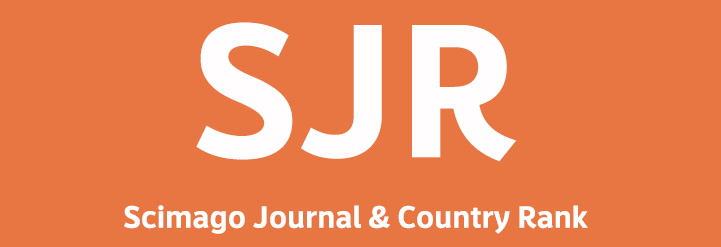Flame Stability And Fuel Efficiency Of Gas Diffusion Flame On The Backward Facing Step
DOI:
https://doi.org/10.29017/SCOG.32.1.835Keywords:
fuel efficiency, propane, butane, diffusion flameAbstract
Propane and butane injection into the recirculation zone in the fuel area with backward-facing step has a significant effect to the diffusion flame with the characteristic stability which depends on the velocity of the free air stream, the injection position from the step and the injection position to step height ratio. The test result shows that there are two main stable diffusion flames: a stabilized flame in the recirculation zone and a stabilized flame in the shear layer region. There is a decrease of the fuel efficiency due to the effect of the greater ratio of the injection position to the step height and the farther injection position from the steps. The effect of the free air stream velocity is much more significant the injection location near the steps.
References
Strehlow, R.A., “Combustion Fundamentalâ€,
McGraw-Hill, Inc., pp.360-361,1995.
Karagozian, A.R., “Fuel Injection and Flame
Holding in High Speed Combustion Systemâ€,
Major Researh Topics in Combustion, Springer-
Verlag, pp.237-252,1992.
[6] Lee Beach, Jr.H., “Supersonic Combustion
Status and Issuesâ€, Major Research Topics in
Combustion, Springer-Verlag, pp.1-20,1992
Smith, G.D., “Measurement of Reactive Recirculation
Jet Mixing in a Combustorâ€, AIAA
Journal, Vol. 21, No. 2, pp. 270-276, 1983
Harinaldi, Ueda, T., Mizomoto, M., Non-reactive
Mixing in Recirculation Flow behind a Backward
Facing Step with Gas Injectionâ€, in
S.Dost, H Stuchtrup and I. Dincer (Eds.): Progress
in Transport Phenomena, Elsevier, Paris, (93-98),
Harinaldi, Thermal structures of Recirculation
Flow behind a Backstep Heated by High Temperature
Injection, Proc. Of Int. Symp. Of
Transport Phenomena-14, Bali, Indonesia, 215-
(2003).
Downloads
Published
Issue
Section
License
Copyright (c) 2022 SCIENTIFIC CONTRIBUTIONS OIL AND GAS (SCOG)

This work is licensed under a Creative Commons Attribution 4.0 International License.
Authors are free to Share — copy and redistribute the material in any medium or format for any purpose, even commercially Adapt — remix, transform, and build upon the material for any purpose, even commercially.
The licensor cannot revoke these freedoms as long as you follow the license terms, under the following terms Attribution — You must give appropriate credit , provide a link to the license, and indicate if changes were made . You may do so in any reasonable manner, but not in any way that suggests the licensor endorses you or your use.
No additional restrictions — You may not apply legal terms or technological measures that legally restrict others from doing anything the license permits.














